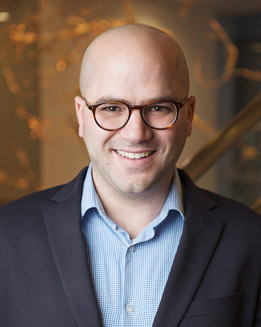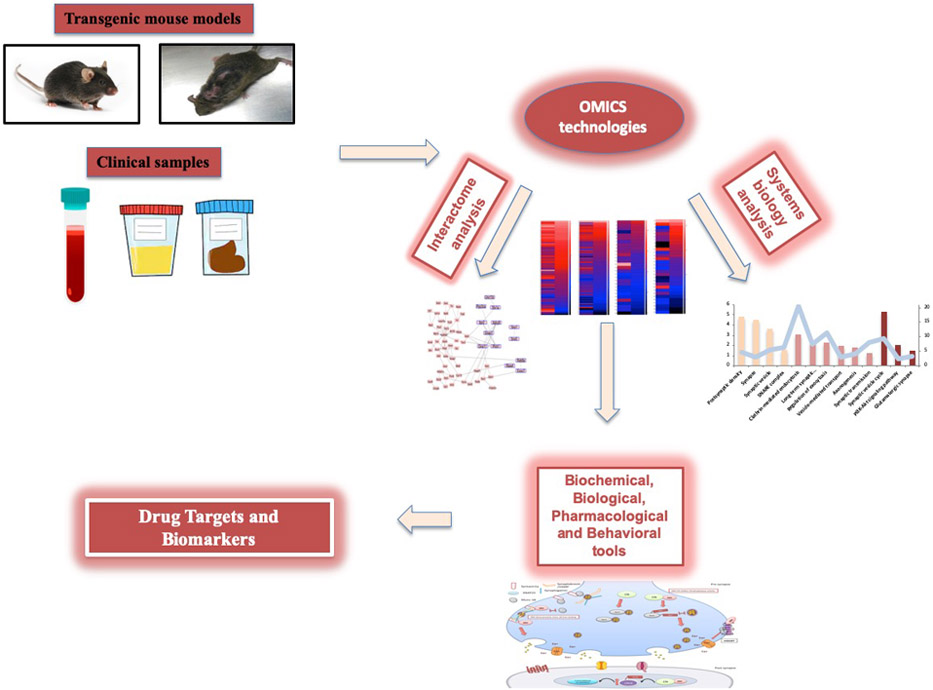
Dr. Haitham Amal has completed his undergraduate studies in the Pharmacy School, Faculty of Medicine at the Hebrew University on 2007. His Masters in Pharmacology and Neuroscience was conducted in the Faculty of Medicine at Tel-Aviv University, where he discovered that a single administration of an extremely low dose of Δ9-tetrahydrocannabinol (THC, the psychoactive ingredient in marijuana) leads to long-term cognitive deficits (published in 2010). During his Ph.D. studies in the Chemical Engineering Faculty at the Technion, he has dealt extensively with analytical chemistry, big data analysis, and nano-sensors technology. He combined all of these techniques in order to understand the biochemical pathway of the emitted volatile organic compounds (VOCs) from pathological cells, which helps to reveal the chemical fingerprint of different diseases and diagnose different cancers through exhaled breath. He has published five first-author papers, two co-first author papers, and 12 papers in total during his Ph.D. studies. One of the major papers was published in GUT (the leading Gastroenterology journal in the world), which was listed in the "F1000 Prime Reports" as being of special significance in its field.
He was accepted to proceed his Postdoctoral training in one of the best institutes in the world, at MIT. Throughout his scientific training in the Biological Engineering Department at MIT, he led to the great discovery, for the first time in the literature, of the link between nitric oxide and autism spectrum disorder (ASD). He further discovered that a single human-based mutation in ASD and in Alzheimer's disease (AD) mouse models leads to downstream effects on the posttranslational modifications of critical proteins and on biological processes and signaling pathways that could alter neuronal and synaptic functions. He published his works in the leading Psychiatry Nature publishers' journals: Molecular Psychiatry and Translational Psychiatry. Two more projects from his postdoc are ongoing and will be published soon.
During his career, Haitham received many Awards and Fellowships: The Council for Higher Education PhD and Postdoctoral fellowships, The Satell MIT-Technion Postdoctoral Fellowship for brightest PhD students, the Ministry of Science, Technology, and Space travel Grant; Merit Award from ISOBM conference, Research Excellence Award by the Technion and others.
On 2019, Dr. Amal was appointed as an Assistant professor (Senior Lecturer) in the Institute for Drug Research, School of Pharmacy, Faculty of Medicine at the Hebrew University.
The Amal lab uses advanced omics technologies combined with bioinformatics, pharmacological, biochemical, biological, and behavioral methods to study ASD, AD and other neurological disorders. Further, the Amal lab is interested in the role of nitric oxide and S-nitrosylation in these disorders. The ultimate goal of the Amal lab is to the understand the molecular mechanisms, discover novel therapeutic strategies and detect early biomarkers for diagnosis in ASD, AD, and other neurological disorders.

The Amal lab uses a multidisciplinary approach to dissect the molecular mechanism and discover drug targets and biomarkers for neurological disorders using transgenic mouse models and clinical samples. They use the state-of-the-art of omics technologies combined with bioinformatics and big data analysis, biochemical, biological, pharmacological and behavioral tools.

